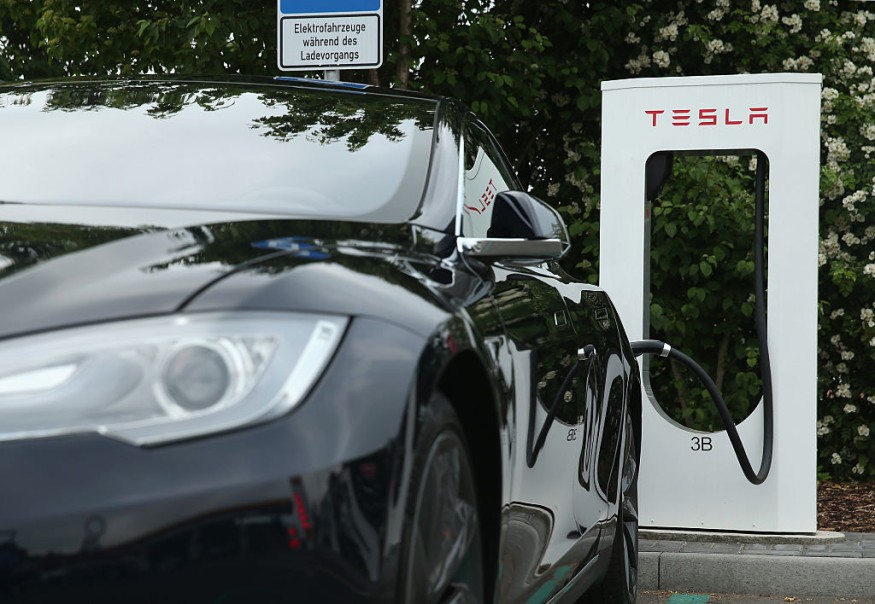For the first time in December, sales of battery-electric cars in Europe and the UK were higher than sales of diesel-powered automobiles, according to auto expert Mathias Schmidt of the Financial Times.
"Since September 2015, when 'Dieselgate' was first revealed, the diesel death march has been on repeat," he continued, "leading VW to draw up the initial blueprints for the ID.3 within 30 days of the scandal coming to light."
According to December figures, 176,000 battery electric vehicles were sold in December, up 6% from December 2020, compared to 160,000 diesel vehicles.

Report
According to the Financial Times, a big part of the surge in electric cars is due to hefty government subsidies and stringent pollution standards that push manufacturers to produce low and zero emissions automobiles.
Of course, "free market" enthusiasts despise such a strategy. Such market tactics might be vilified and deservedly so if it weren't for the fact that the world is speeding toward a climate disaster of unthinkable proportions.
The report stated that the German government considers whether tax incentives for diesel fuel, which makes it 14 cents a liter cheaper than premium gasoline, are worthwhile. After the OPEC oil embargoes in the 1970s, Europe's love affair with diesel began.
Related Article : Using Electricity to Power Houses and Vehicles Can Help Save Thousands of Dollars Per Year
Diesel vs Electric

The sale of diesel-powered automobiles was encouraged since diesel engines get more miles per gallon of fuel than gasoline engines. Most countries choose to raise gasoline prices while lowering diesel fuel taxes as a strategy. However, the reason for doing so has long ago vanished.
E-vehicle sales hit a "tipping point" in 2021, according to SwissInfo, particularly after the year. This includes both plug-in hybrids and conventional hybrids. Electric vehicles accounted for 18.3 percent of new registrations from September to November. According to the Touring Club Switzerland, the proportion jumped to 28 percent when plug-in hybrids were included. In Switzerland, the Tesla Model 3 outsells all other electric vehicle models. With fewer than half as many cars sold, the Volkswagen ID.3 comes in second.
"The growth of electromobility is moving quicker than projected, given continued technology improvements, rising societal acceptability, and an ever-increasing number of electric car models." According to TCS, the 50 percent milestone for entirely electric vehicles, which most experts predicted would be achieved around 2030, should be reached far sooner than projected.
Swiss EV

Switzerland's EV charging infrastructure is on a level with that of other European nations, with a total of 8,497 public charging stations in place as of the end of 2021, apartment residents and those who park on the street still have a scarcity of chargers accessible. Managing director of the Swiss eMobility organization Krispin Romang adds, "The barriers to home charging are still too high for renters, apartment owners, and inhabitants who park on the streets."
Switzerland is enacting new rules to reduce carbon emissions by 50% by 2030, compared to 1990. Enforcing tailpipe emission regulations equivalent to those set by the EU is one of them. The new law's fines will be utilized to update the charging infrastructure.
For more news about making the environment sustainable, don't forget to follow Nature World News!
© 2025 NatureWorldNews.com All rights reserved. Do not reproduce without permission.





